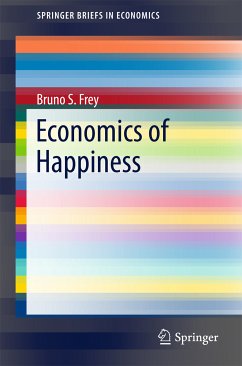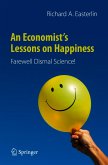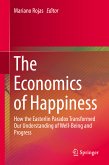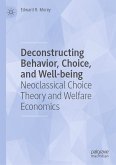This book focuses on what makes people happy. The author explains methods for measuring subjective life satisfaction and well-being by discussing economic and sociodemographic factors, as well as the psychological, cultural and political dimensions of personal happiness.
Does higher income increase happiness? Are people in rich countries, such as the United States, the United Kingdom and Scandinavian countries, happier than those living elsewhere? Does losing one's job make one unhappy? What is the role of genetic endowments inherited from our parents? How important are physical and emotional health to subjective life satisfaction? Do older people tend to be happier, or younger people? Are close social relationships necessary for happiness? Do political conditions, such as respect for human rights, democracy and autonomy, play a part? How can governments contribute to the population's happiness? This book answers these questions on the basis of extensive interdisciplinary research reflecting the current state of knowledge.
The book will appeal to anyone interested in learning more about the various dimensions of personal well-being beyond the happiness-prosperity connection, as well as to policymakers looking for guidance on how to improve happiness in societies.
Dieser Download kann aus rechtlichen Gründen nur mit Rechnungsadresse in A, B, BG, CY, CZ, D, DK, EW, E, FIN, F, GR, HR, H, IRL, I, LT, L, LR, M, NL, PL, P, R, S, SLO, SK ausgeliefert werden.









